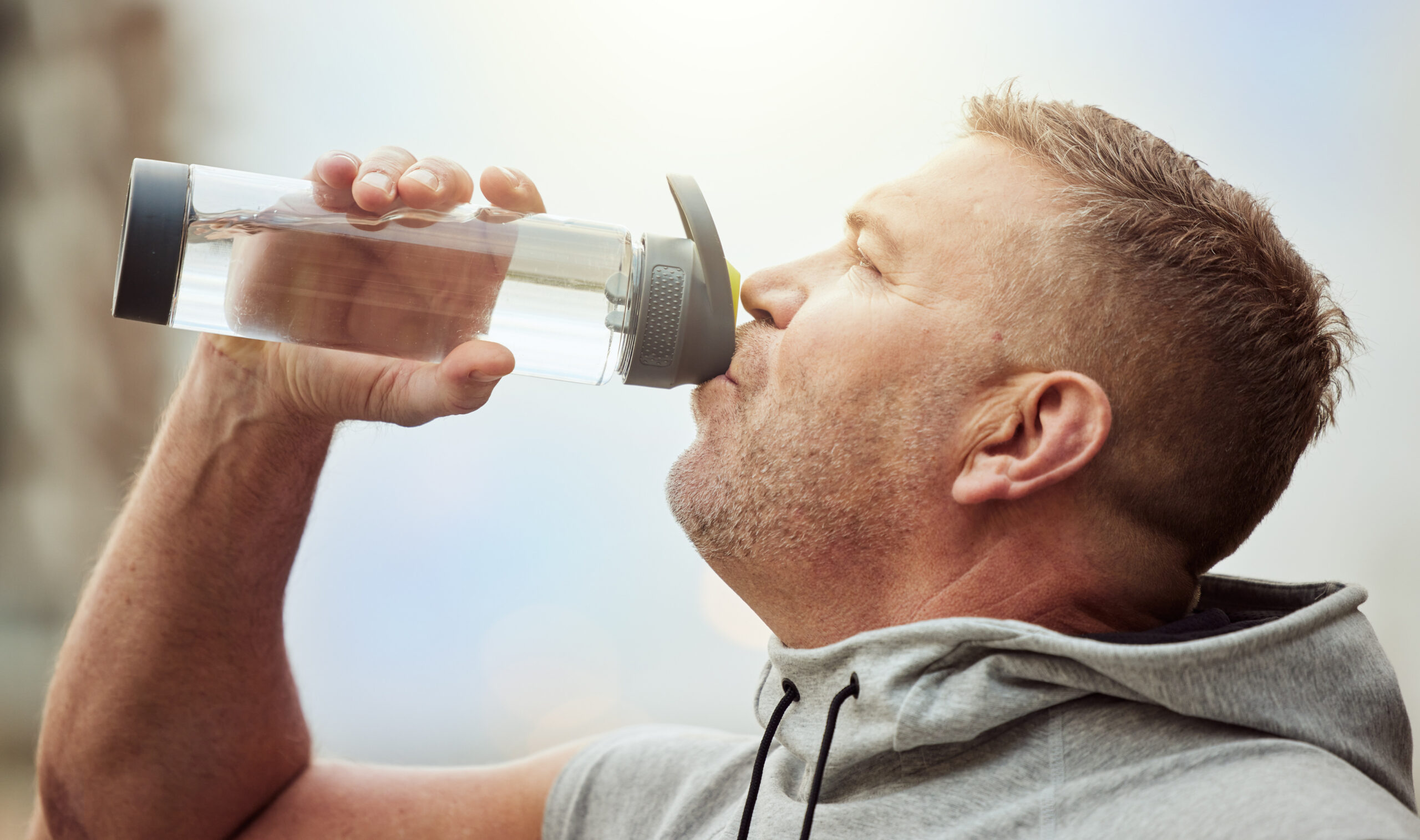That persistent headache, afternoon energy crash, or stubborn skin issue might have a surprisingly simple solution: drinking more water.
You’ve probably heard water is important, but you might not realize just how many health problems stem from not drinking enough. Your body is roughly 60% water, and every system depends on proper hydration to work right.
Most people walk around mildly dehydrated without knowing it. That brain fog making work harder? The joint pain slowing you down? Even your bad mood? All might improve with a few extra glasses of water daily.
In this guide, you’ll discover the science behind the health benefits of drinking water, from boosting brain function to improving digestion. You’ll learn to spot the subtle signs your body is thirsty before problems start. Most importantly, you’ll get practical, easy ways to increase your daily water intake without feeling like you’re forcing yourself to drink.
Water isn’t just a basic need—it’s powerful medicine hiding in plain sight. Small changes to your hydration habits can lead to big improvements in how you feel, look, and function every day. And the best part? It costs almost nothing to try.
💧 The Science Behind Water’s Health Benefits
Understanding how hydration impacts your body
8 Common Health Problems Improved by Proper Hydration
Not drinking enough water? Your body might be telling you through these common problems. Water makes up about 60% of your body, and when levels drop too low, your health suffers. Here’s how drinking more water can fix these everyday issues.
1. Headaches and Migraines That Won’t Quit

That pounding in your head might be your brain’s way of asking for water. When you don’t drink enough, your brain tissue loses water, shrinks, and pulls away from your skull. This triggers pain receptors. Research shows increasing water intake can cut headache frequency by 40%. Next time your head hurts, try a glass of water before reaching for pills.
2. Feeling Tired All the Time

Feeling sluggish even after coffee? Dehydration reduces blood volume, making your heart work harder to pump oxygen to muscles and organs. This extra effort drains your energy. Just 2% fluid loss can drop your energy levels by 30%. Keep a water bottle handy and sip regularly throughout your day.
3. Can’t Go? Constipation Problems

Water helps move waste through your digestive system. Without enough, your colon pulls water from stool, making it hard and difficult to pass. Adding just two extra glasses of water daily can get things moving again. Your bathroom visits will become more regular and comfortable.
4. Aching Joints That Limit Movement
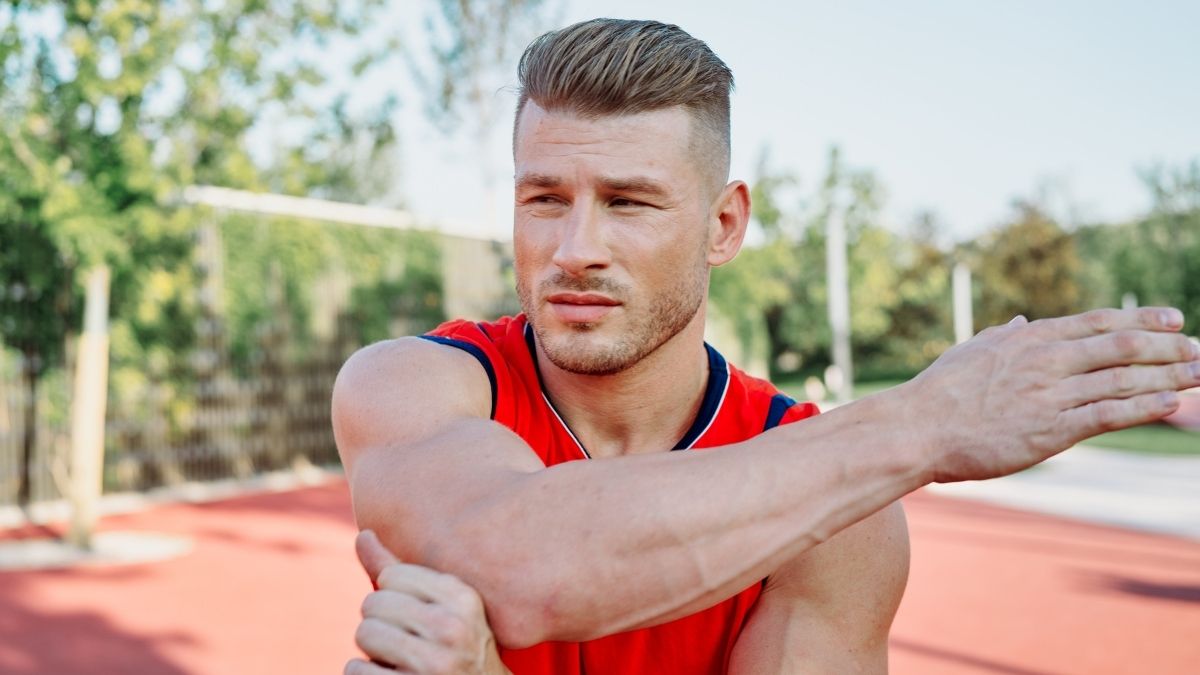
Your joints need water to stay cushioned and lubricated. Cartilage in joints contains up to 80% water. When dehydrated, this padding thins, causing friction and pain with movement. Proper hydration helps reduce inflammation too, easing existing joint pain.
5. Skin Problems That Won’t Clear Up
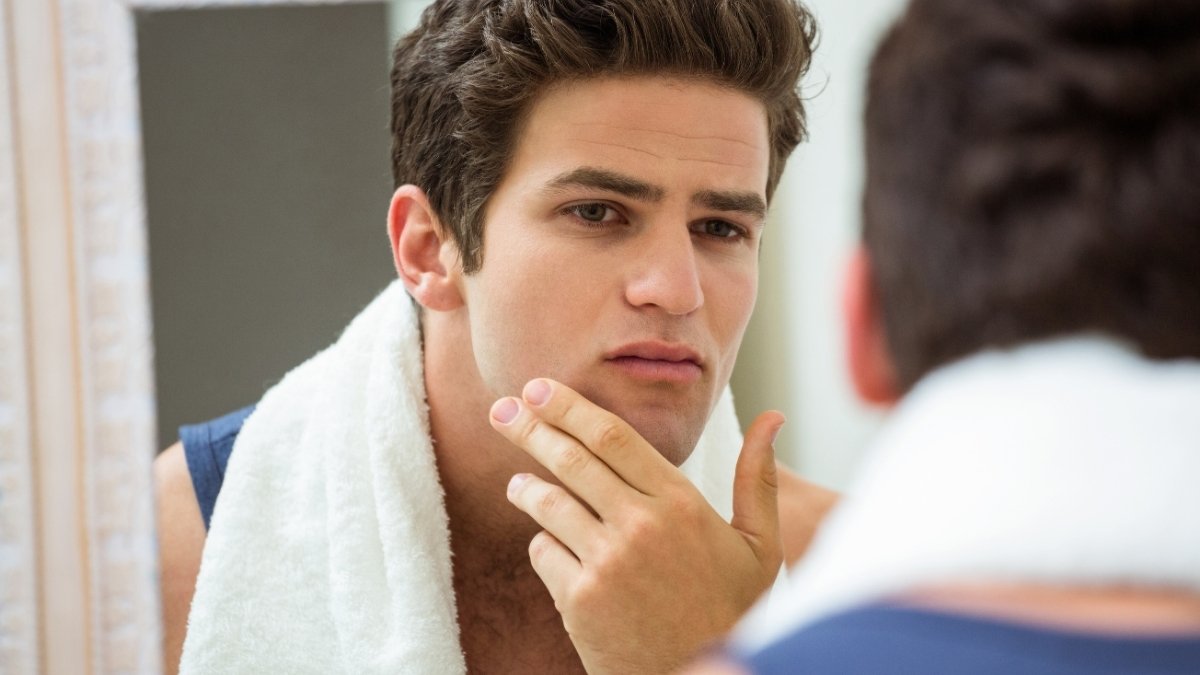
Dry, flaky skin? Persistent acne? Water flushes toxins from your skin and delivers nutrients to skin cells. It also helps maintain skin elasticity. Many people notice clearer, more glowing skin within two weeks of increasing their water intake. Think of water as your cheapest beauty treatment.
6. Brain Fog and Bad Moods

Can’t focus? Feeling cranky? Your brain is about 75% water and extremely sensitive to dehydration. Even mild fluid loss impacts memory, attention, and mood. Studies show properly hydrated students score 10% higher on cognitive tests. For clear thinking and better mood, keep sipping.
7. Weight Management Struggles
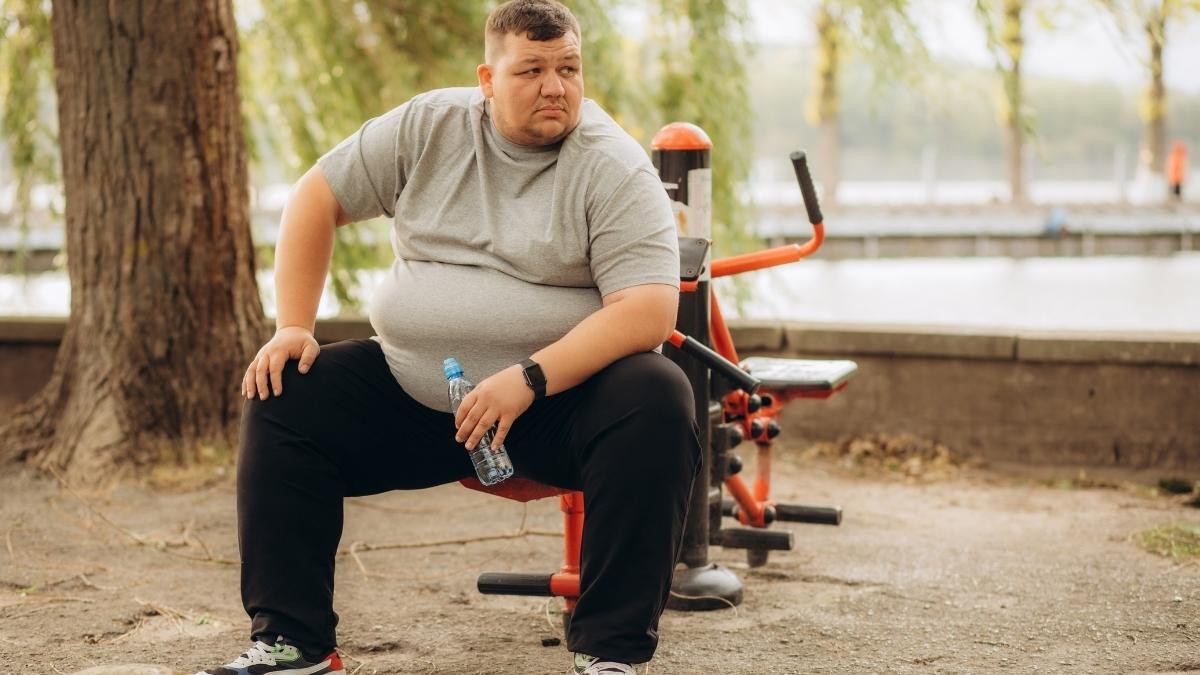
Trying to lose weight? Water boosts your metabolism by up to 30% for about an hour after drinking. Research shows drinking 16 ounces before meals helps people eat fewer calories and lose more weight. Water also helps break down fat for energy and reduces false hunger signals.
8. Painful Kidney Stones

These tiny crystals form when minerals in concentrated urine stick together. Drinking more water dilutes these minerals, making stones less likely to form. Doctors recommend about 8-10 glasses daily to prevent kidney stones. If you’ve had stones before, water is your best protection against recurrence.
How Much Do You Need?
The old “eight glasses a day” rule isn’t perfect for everyone. Your size, activity level, and climate matter. A good sign of proper hydration: light yellow urine. Dark yellow? Grab a glass. Clear? You’re doing great.
Small changes make big differences. Keep water visible as a reminder. Add fruit slices for flavor if plain water bores you. Your body will thank you with better health and more energy.
How Much Water Should You Really Drink?
Confused about how much water you need? You’re not alone. The old “drink eight glasses a day” rule is everywhere, but science now shows your needs are as unique as you are.
Why One-Size Water Rules Don’t Work

The latest guidelines from the U.S. National Academies suggest about 11-16 cups of total water daily, but here’s the catch: this includes all fluids and water-rich foods. Your morning coffee, that apple at lunch, and your soup all count. Medical experts now reject the rigid 8-glass rule as outdated and oversimplified.
What Actually Affects Your Water Needs
Several things change how much you need:
- Your weight (bigger people need more water)
- How active you are (exercise increases needs by 16-28 oz per hour)
- Where you live (hot or humid? Drink more)
- Your health (fever, illness, or pregnancy increase needs)
- What you eat (salty or processed foods make you thirstier)
Calculate Your Personal Water Target
A simple formula that works: Take your weight in pounds, divide by 2, and that’s roughly how many ounces you need daily. For example, if you weigh 150 pounds, aim for 75 ounces (about 9 cups). But this is just a starting point. Add 12 ounces for every 30 minutes of exercise.
3 Ways to Know You’re Drinking Enough
- Your urine is pale yellow (dark means dehydrated, clear means too much)
- You rarely feel thirsty
- You don’t get headaches or feel unusually tired
Water Myths That Need to Die
Myth 1: You must drink only plain water. Truth: All fluids count, and food provides about 20% of your daily water.
Myth 2: Caffeine dehydrates you severely. Truth: Research shows moderate caffeine has minimal impact on hydration levels.
Myth 3: More water is always better. Truth: Drinking too much can dilute essential electrolytes.
Your body gives clear signals about its water needs. Listen to them rather than forcing a set number of glasses. Drink when thirsty, a bit more during exercise or illness, and watch your urine color for the simplest gauge of your hydration status.
10 Practical Ways to Increase Your Daily Water Intake
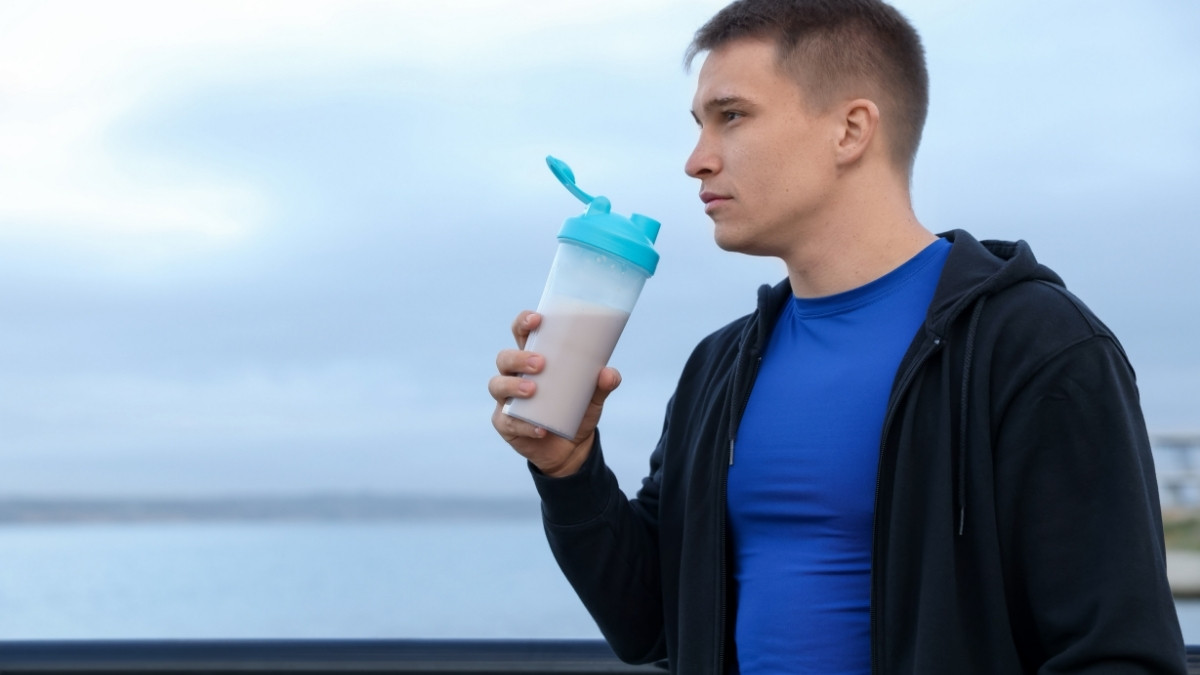
You know water is good for you, but actually drinking enough is hard. Maybe you forget, get busy, or just don’t like the taste. These simple tricks can help you drink more water without trying so hard.
1. Create a Simple Drinking Schedule
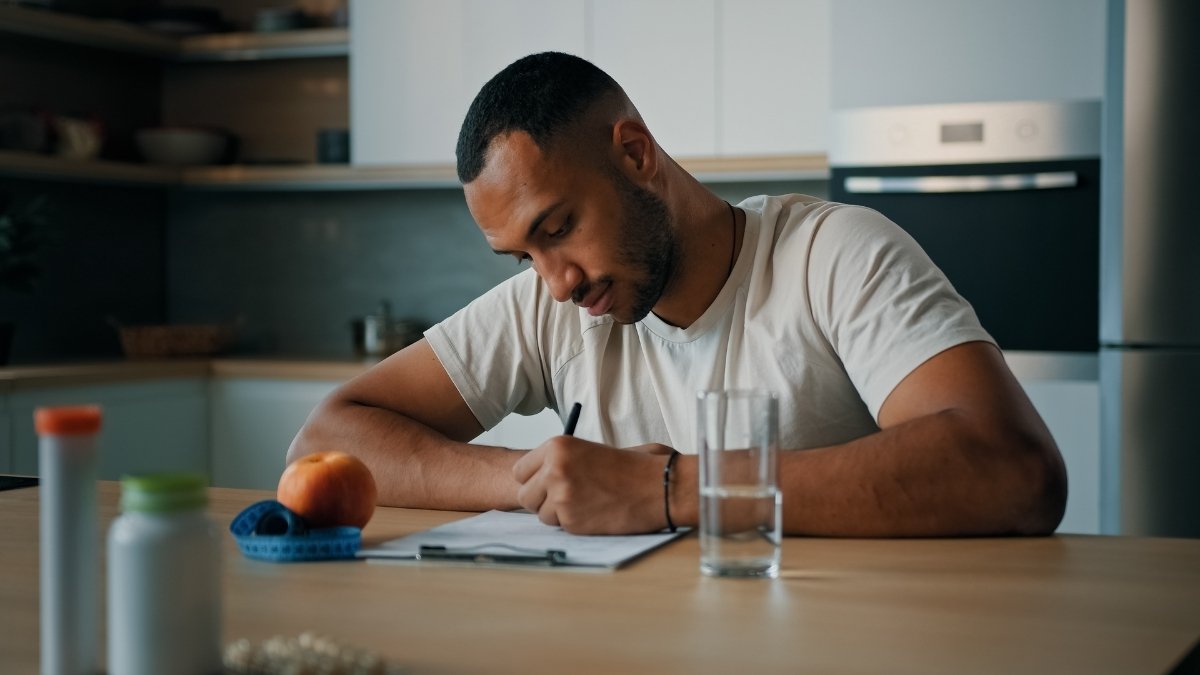
Set specific water times during your day. Drink one glass when you wake up, one before each meal, and one before bed. This easy pattern can help you hit 8 glasses without thinking about it. Mark, a teacher from Ohio, doubled his water intake in just one week with this method.
2. Get a Water Bottle You’ll Actually Use

The right bottle makes a huge difference. Choose one you like looking at and carrying. Bonus if it has time markers or measurements. Studies show people with dedicated water bottles drink up to 25% more water daily.
3. Set Hourly Reminders That Actually Work
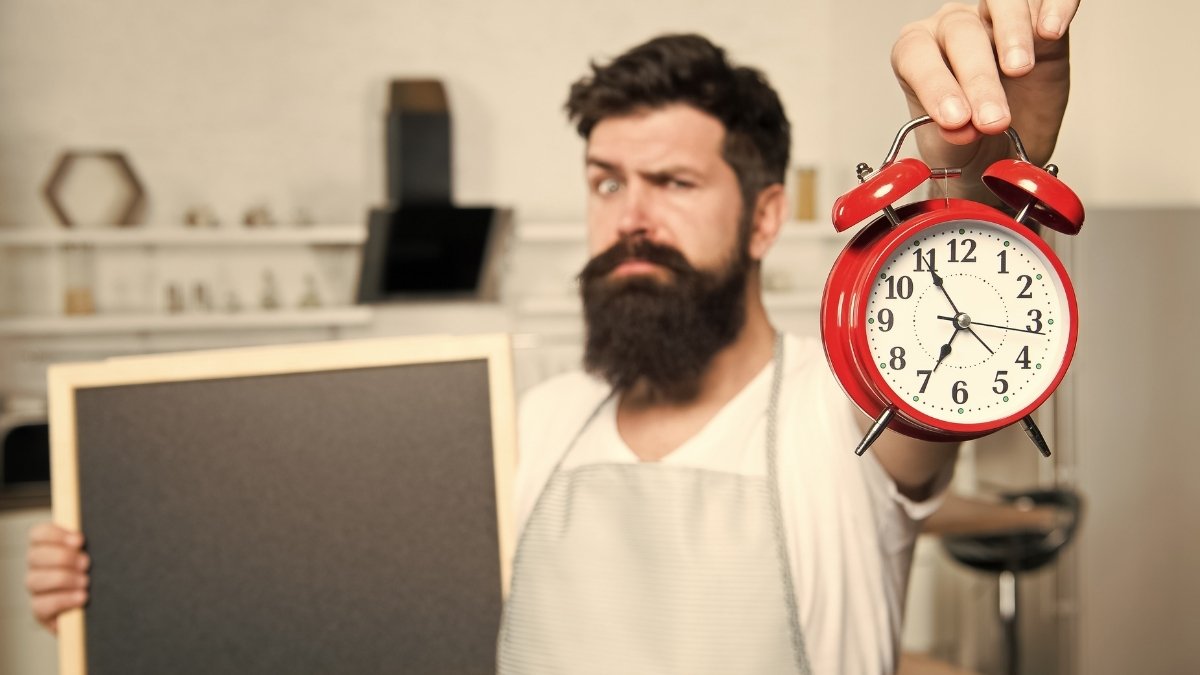
Use your phone to remind you to drink. Apps like WaterMinder (used by over 2 million people) or Hydro Coach can track your progress and send alerts when it’s time to sip. Many users report increasing their intake by 40% within the first month.
4. Make Water Taste Better Without Sugar
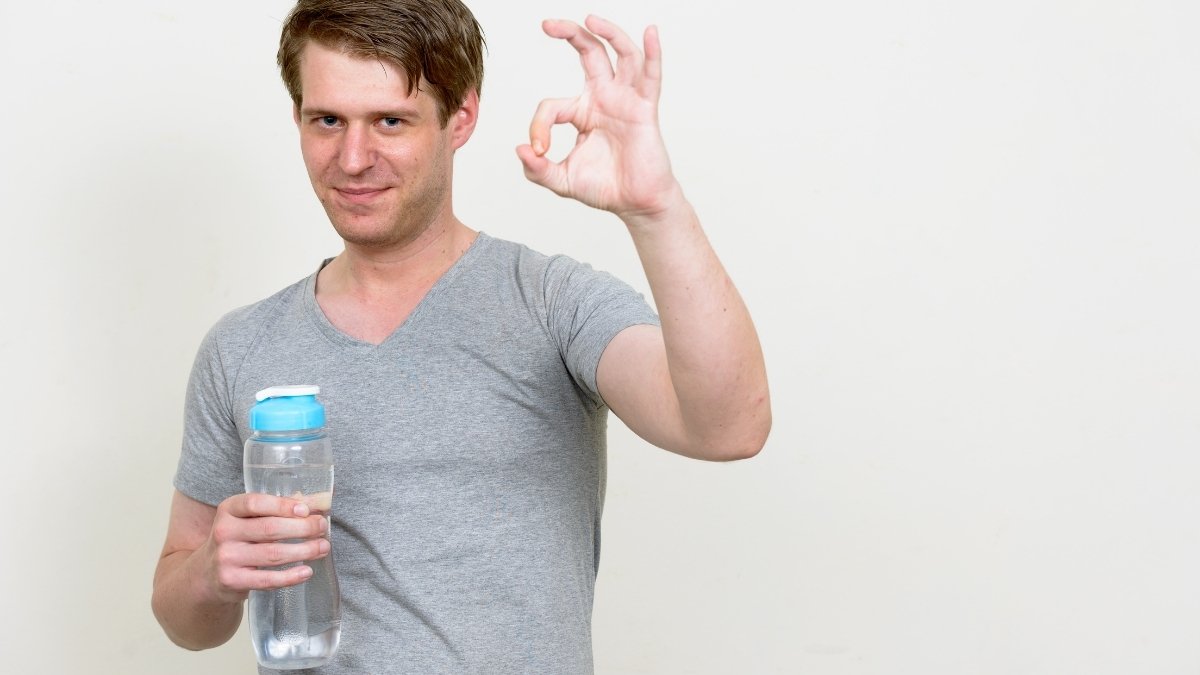
Plain water boring? Add natural flavors:
- Cucumber and mint
- Lemon or lime slices
- Frozen berries (they work as ice cubes too)
- Fresh herbs like basil or rosemary
5. Link Water to Your Current Habits
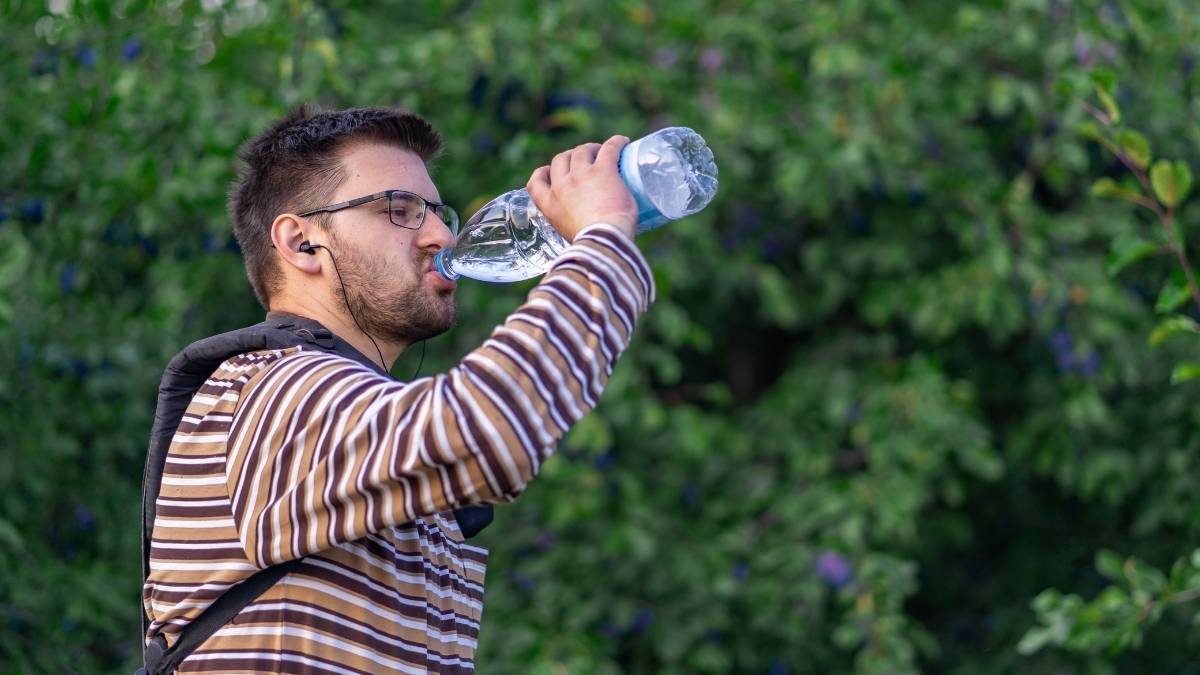
Connect drinking water to things you already do:
- Coffee break? Water first.
- Checking social media? Sip while scrolling.
- Walking through a doorway? Take a drink.
Your existing habits can pull your new water habit along with them.
6. Keep Water Everywhere You Go
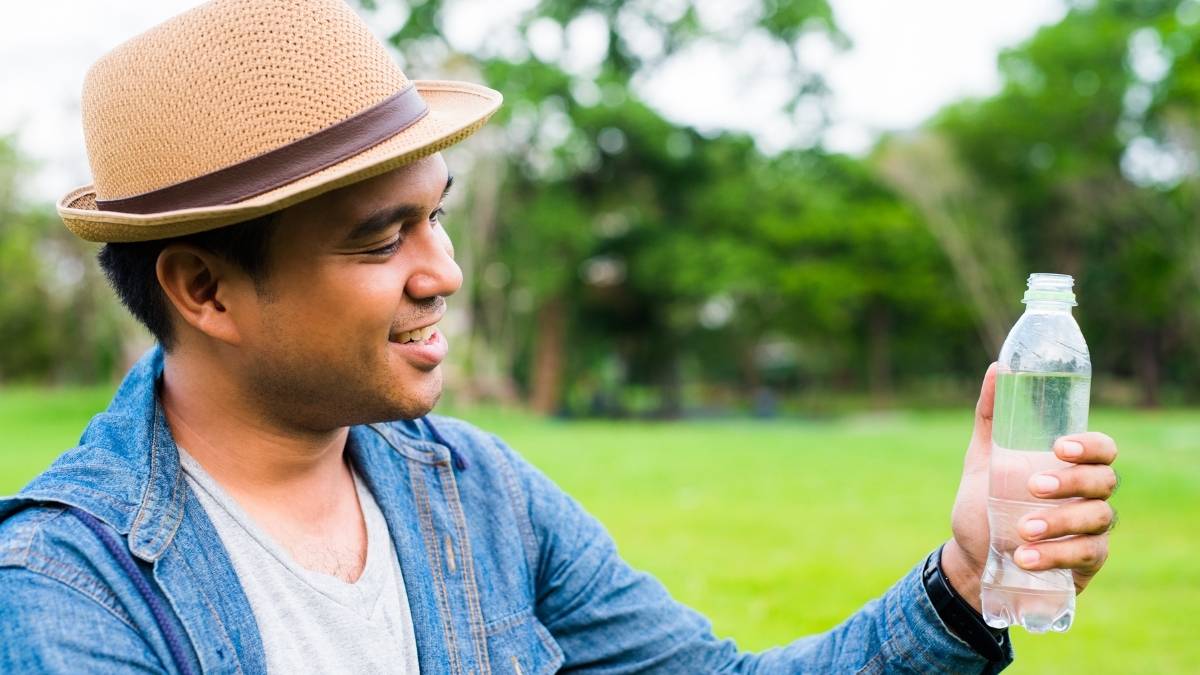
Place water in spots you spend time: your desk, nightstand, car, gym bag. When water is the closest drink option, you’ll reach for it more often. This strategy helped Lisa drink 3 more glasses daily while working from home.
7. Eat Your Water Too
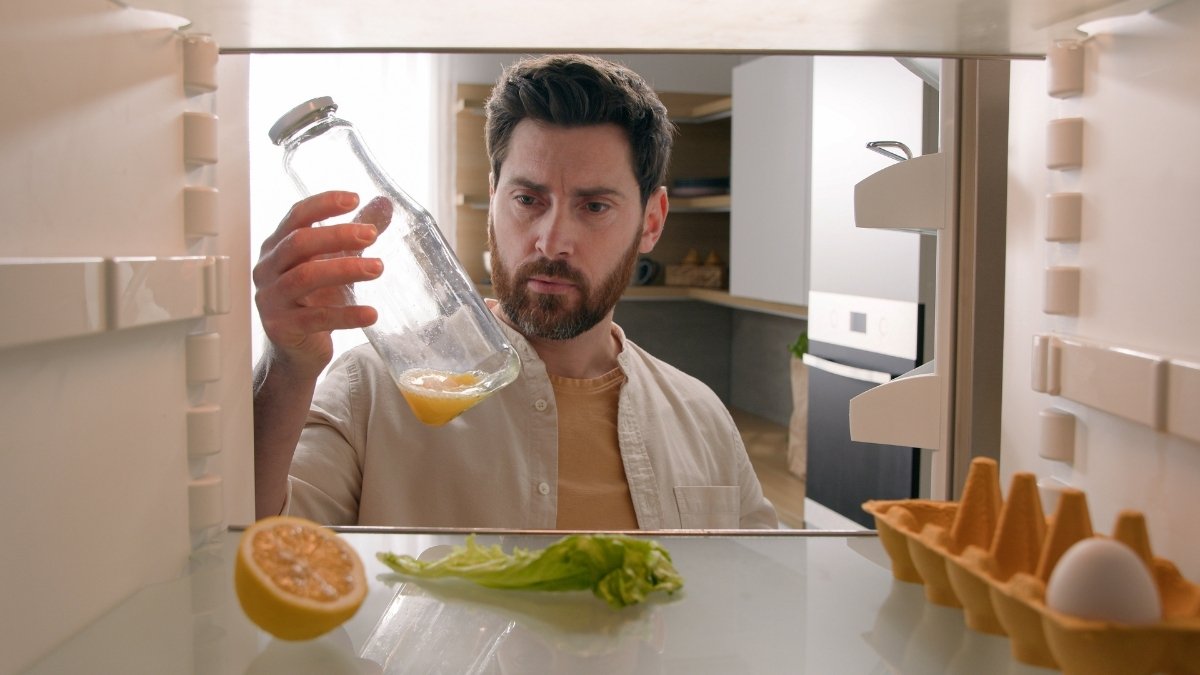
Some foods are over 90% water:
- Cucumber
- Watermelon
- Strawberries
- Lettuce
- Zucchini
Adding these to meals boosts your hydration without extra glasses.
8. Use the One-for-One Rule at Social Events

For every coffee, soda, or alcoholic drink, have one glass of water too. This balances your fluid intake and reduces the dehydrating effects of caffeine and alcohol.
9. Make It a Game with Friends

Challenge friends or family members to a hydration contest. Use tracking apps to compete. Social accountability works—groups who track together typically stick with health habits 42% longer than solo efforts.
10. Try the Sip-Before-Snack Test

Thirst often feels like hunger. Before grabbing a snack, drink 8 ounces of water and wait 15 minutes. You might find your “hunger” was actually thirst. This trick helped Carlos lose 6 pounds in a month without other diet changes.
Start Small for Big Results
You don’t need to do all ten things at once. Pick two strategies that seem easiest and start there. Add more as these become habits. Even one extra glass daily makes a difference. Your body will thank you with better skin, more energy, and improved health.
Beyond Plain Water: Other Sources of Hydration
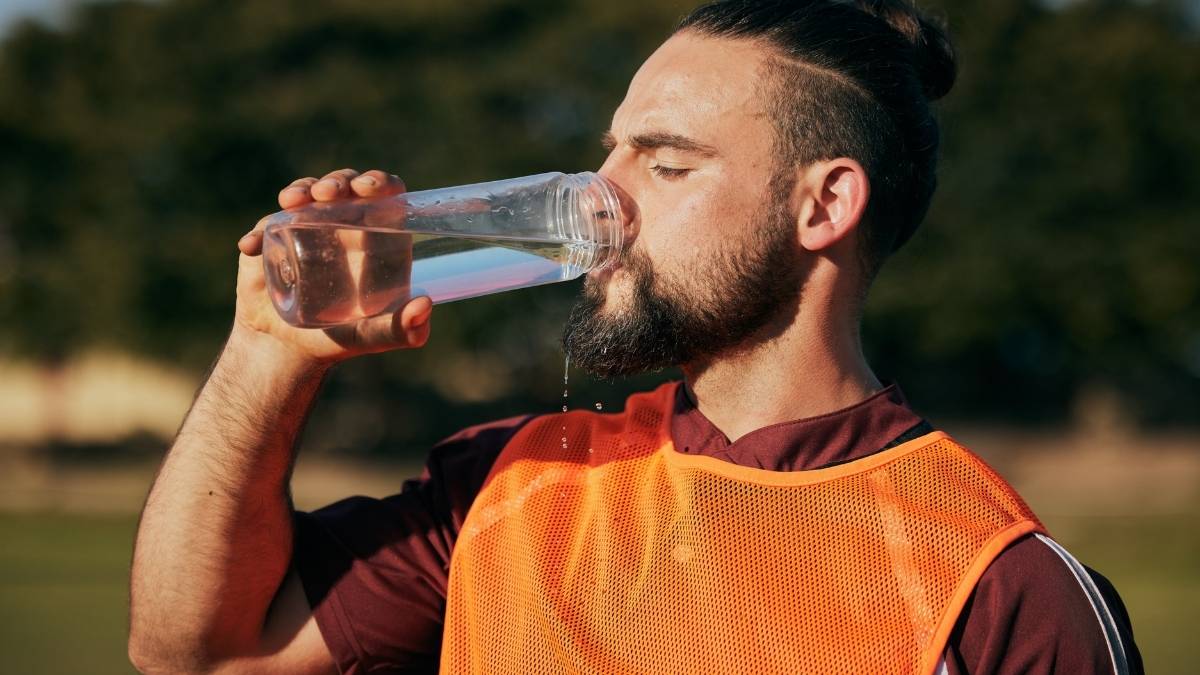
Tired of forcing down glass after glass of plain water? Good news: there are plenty of other ways to stay hydrated. Your body doesn’t care where the water comes from—just that it gets enough.
Foods That Hydrate Better Than Water
Some fruits and vegetables are over 90% water. Cucumber (96%), watermelon (92%), strawberries (91%), and lettuce (96%) top the list. Eating a large salad can provide nearly 2 cups of water. Soup, oatmeal, and yogurt count too. About 20% of your daily water intake typically comes from food.
The Real Benefits of Herbal Teas
Herbal teas are basically flavored water with bonus health perks. Chamomile can help you sleep, ginger aids digestion, and peppermint might ease headaches. All count 100% toward your fluid goals. Hot or iced, they’re perfect for people who find plain water boring.
What Actually Counts as Hydrating?
These all help hydrate you:
- Milk (87% water)
- Sports drinks (though watch the sugar)
- Coconut water
- Fruit smoothies
- Vegetable juice
Even soup broth counts. Your body extracts the water regardless of what’s dissolved in it.
The Caffeine Myth You Can Stop Believing
Contrary to popular belief, research shows caffeine isn’t the dehydration villain it’s made out to be. A 2014 study found moderate caffeine intake (under 400mg daily) doesn’t cause dehydration. Coffee and tea contribute to your fluid intake—they don’t subtract from it.
The Alcohol Truth
Alcohol is different. It actually blocks hormones that help your body retain water. Beer, wine, and spirits lead to more bathroom trips and water loss. The rule: for every alcoholic drink, add an extra glass of water to stay balanced.
Hydration doesn’t have to mean chugging plain water all day. Mix it up with teas, water-rich foods, and even your morning coffee. Your body will thank you, and staying hydrated becomes much easier.
Conclusion
Water isn’t just something you drink when you’re thirsty. It’s medicine for headaches, energy for tired days, relief for joint pain, and clarity for your foggy brain. Small changes make big differences. Carry a bottle you love, set reminders on your phone, or add fruit for flavor.
Track how much you drink for just seven days and watch what happens. Notice your energy levels, skin clarity, and bathroom habits. Pay attention to your headaches and focus. Many people see improvements within days, not months.
By prioritizing the health benefits of drinking water, you’re investing in one of the simplest yet most powerful health interventions available. No fancy equipment needed.
No special skills required. Just drink more water consistently, and your body will show you it’s working through better sleep, clearer thinking, and fewer aches and pains. Your future self will thank you.

